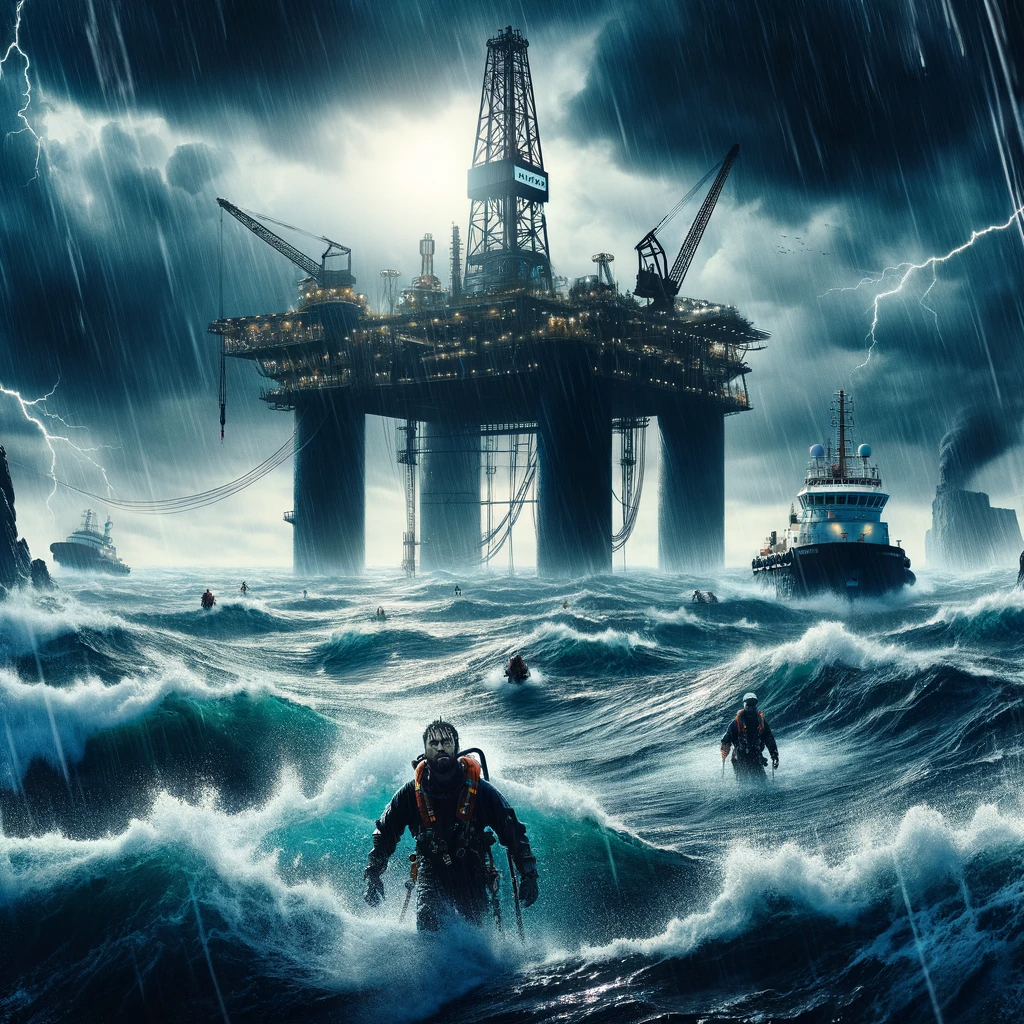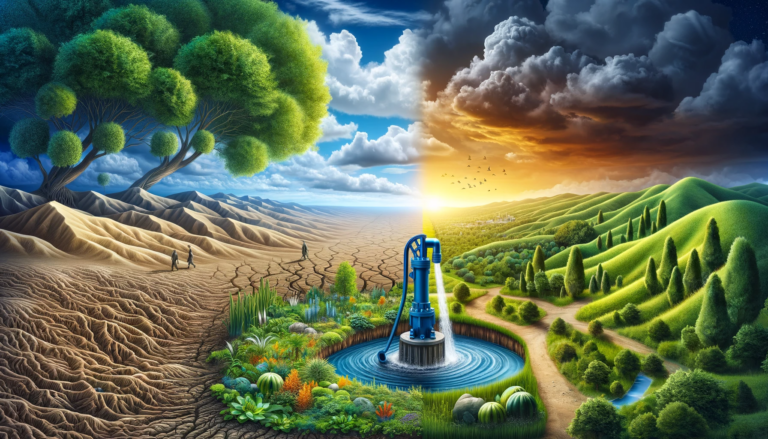Offshore oil drilling, a critical component of the global energy supply, is a world of contrasts, where cutting-edge technology meets formidable natural challenges. This article takes you on a journey through the fascinating and hazardous realm of offshore drilling, revealing the thrills and perils that define this industry.

The Allure of Offshore Drilling
Pushing the Boundaries of Technology
Offshore drilling represents the pinnacle of human ingenuity in resource extraction. From gigantic drilling platforms to remote-controlled subsea robots, this industry employs some of the most advanced technology on the planet.
The Quest for Untapped Resources
Driven by the ever-increasing global demand for energy, oil companies venture into the ocean’s depths to tap into unexploited reserves. These remote locations promise vast resources but come with increased risks and challenges.
The Perils of the Deep
Battling the Elements
Offshore drilling sites are often exposed to extreme weather conditions, from raging storms to freezing temperatures. These hostile environments test the limits of both human endurance and technological capability.
Environmental Risks
The potential for environmental disasters, such as oil spills and ecological disruption, looms large in offshore drilling. The impact of these events can be catastrophic, affecting marine ecosystems for decades.
Technological Marvels and Innovations
Revolutionizing Offshore Operations
Technological advancements have continuously reshaped offshore drilling. Innovations in drilling techniques, safety systems, and emergency response strategies have significantly improved the efficiency and safety of operations.
The Role of Robotics and AI
The integration of robotics and artificial intelligence has revolutionized offshore drilling. These technologies enhance precision, reduce human error, and can operate in conditions that are too dangerous for humans.
The Human Element
Life on a Drilling Rig
Working on an offshore oil rig is not for the faint-hearted. It requires a unique blend of skill, bravery, and resilience. Crew members often work long shifts in isolated conditions, far from home and family.
Safety First
The high-risk nature of offshore drilling necessitates stringent safety protocols. Continuous training, safety drills, and a culture of vigilance are essential to protect the lives of those working on these floating giants.
Environmental and Regulatory Landscape
Navigating Strict Regulations
The offshore oil drilling industry is subject to strict environmental and safety regulations. Compliance with these regulations is critical to minimize risks and ensure sustainable operations.
Balancing Energy Needs and Environmental Stewardship
The industry faces the dual challenge of meeting global energy needs while minimizing environmental impact. This balance requires ongoing innovation and cooperation between oil companies, governments, and environmental organizations.
Conclusion: A Dynamic and Challenging Industry
Offshore oil drilling is an industry defined by its extremes – from the incredible technological achievements to the serious risks and challenges. As we continue to rely on oil for energy, understanding and responsibly managing these risks is essential. The industry’s future will be shaped by its ability to innovate, adapt, and maintain a commitment to safety and environmental protection.


